How can declining birth rates affect cities?
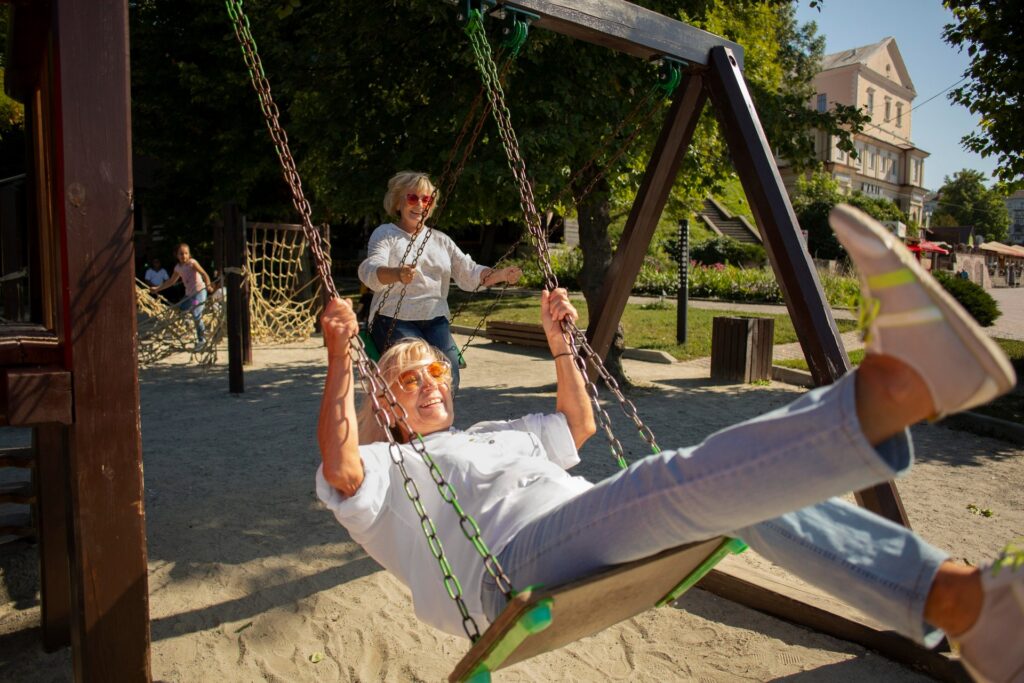
It is undeniable that our species is facing a demographic transition. Structural reasons are more common in urban areas, and the number people voluntarily choosing not to have children or voluntary childlessness is increasing too.
What makes a walkable city
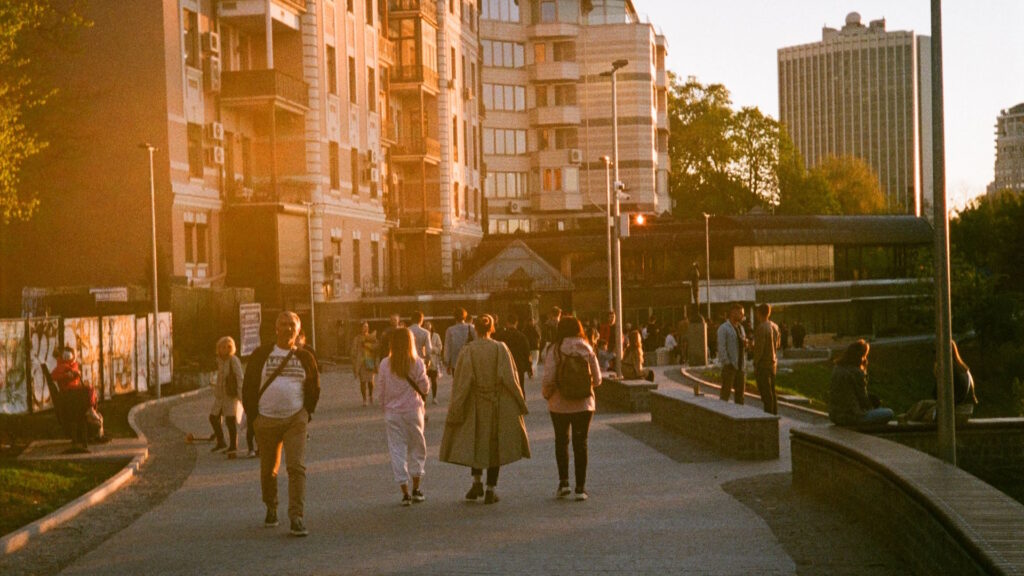
What is and what defines a city of walkable or proximity city? What services, access, transportation, etc. should it have in order to make it fully walkable for its residents?
How Haussmann cleaned up the ‘dangerous’ Paris of old and established the bases of modern urbanism
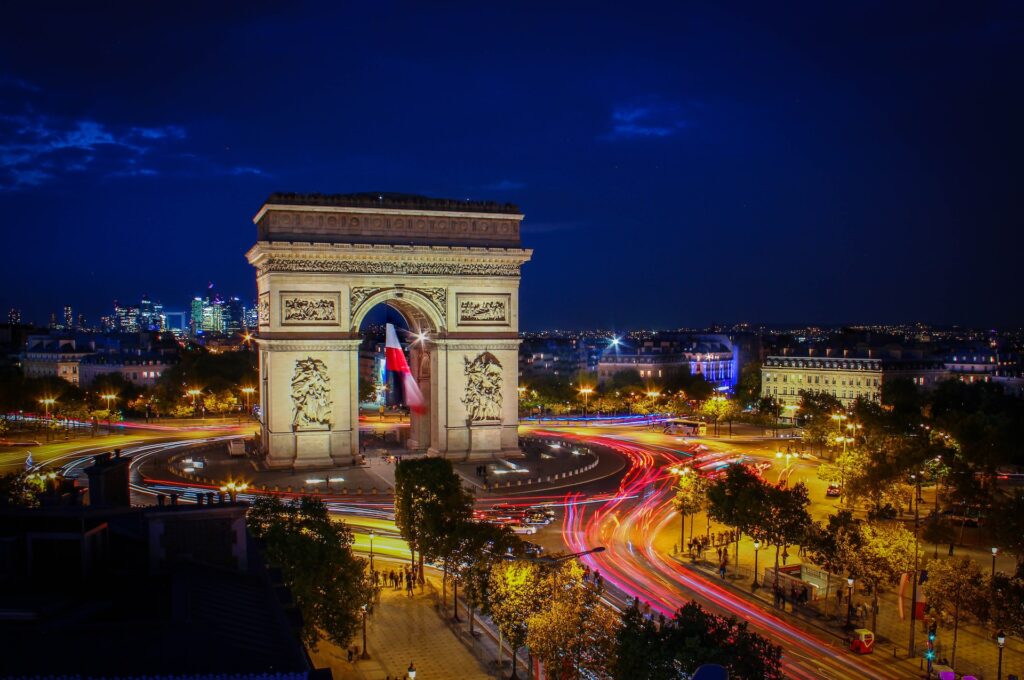
Old Paris was a festering, dark, and crime-ridden place. Haussmann set himself to change that, and in many ways laid the foundations of modern urbanism.
Can MaaS coexist with public transport?

How can MaaS coexist with public transport? Mobility as a service can be a good complement to conventional public transport. How can they improve each other?
Kilometers of colossal tunnels and vaults: how Tokyo is protecting itself from floods

Is it possible to combat natural elements? Possibly not. But Japan has managed to reduce the havoc of the typhoon season by building a colossal cathedral-like underground complex to collect massive amounts of rainfall.
Ghost kitchens: what are they and how are they affecting urban dynamics

Ghost kitchens have existed for decades, although the rise in home delivery services came with the COVID-19 pandemic, often generating problems among the residents who are subjected to the external factors of such businesses.
Smart urban development: can sustainable suburbs be created?
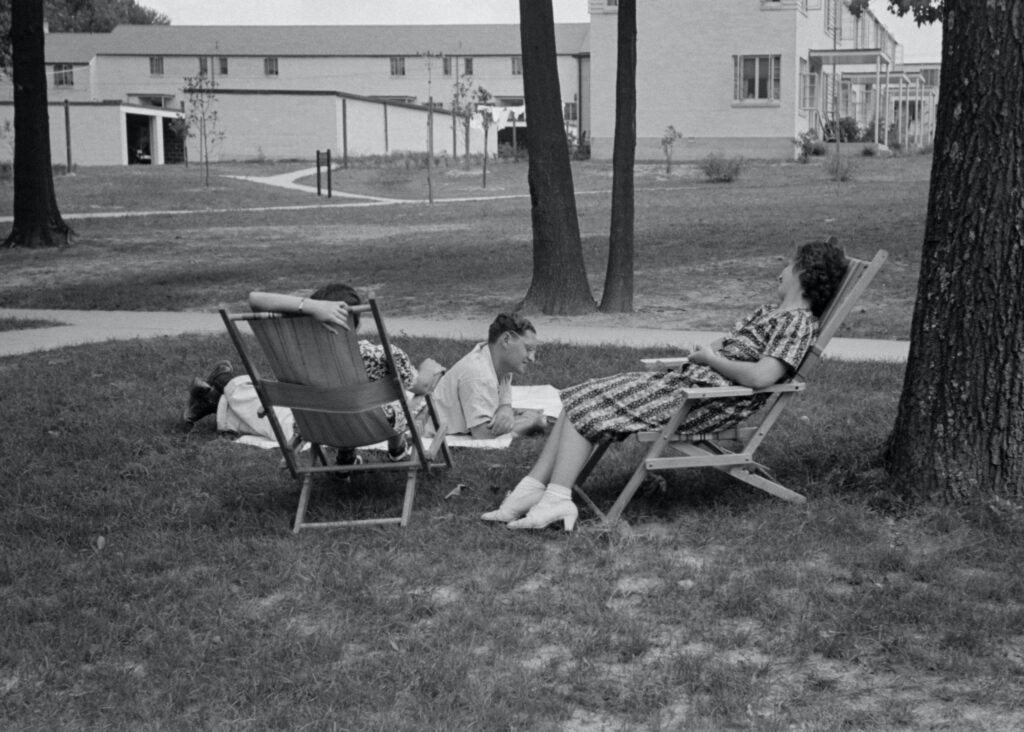
Smart housing estates: How to create more sustainable suburbs? Densify, provide services, reduce car use… How to retrofit residential suburbs and successfully incorporate them into cities
Three innovative ways in which 5G is already being used

One of the main beneficiaries of 5G were smart cities. We review the best uses of 5G in smart cities. How is it being implemented?
How to Design Future Resilient Cities?
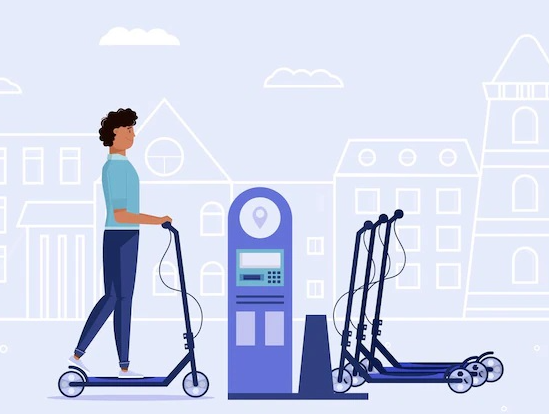
In order to make future cities resilient and sustainable, integration of technological innovation with existing infrastructures is crucial for accommodating teeming population and catering to their needs and aspirations.
The Value of Incorporating Nature in Urban Infrastructure Planning

How can nature-based infrastructure foster sustainable cities?